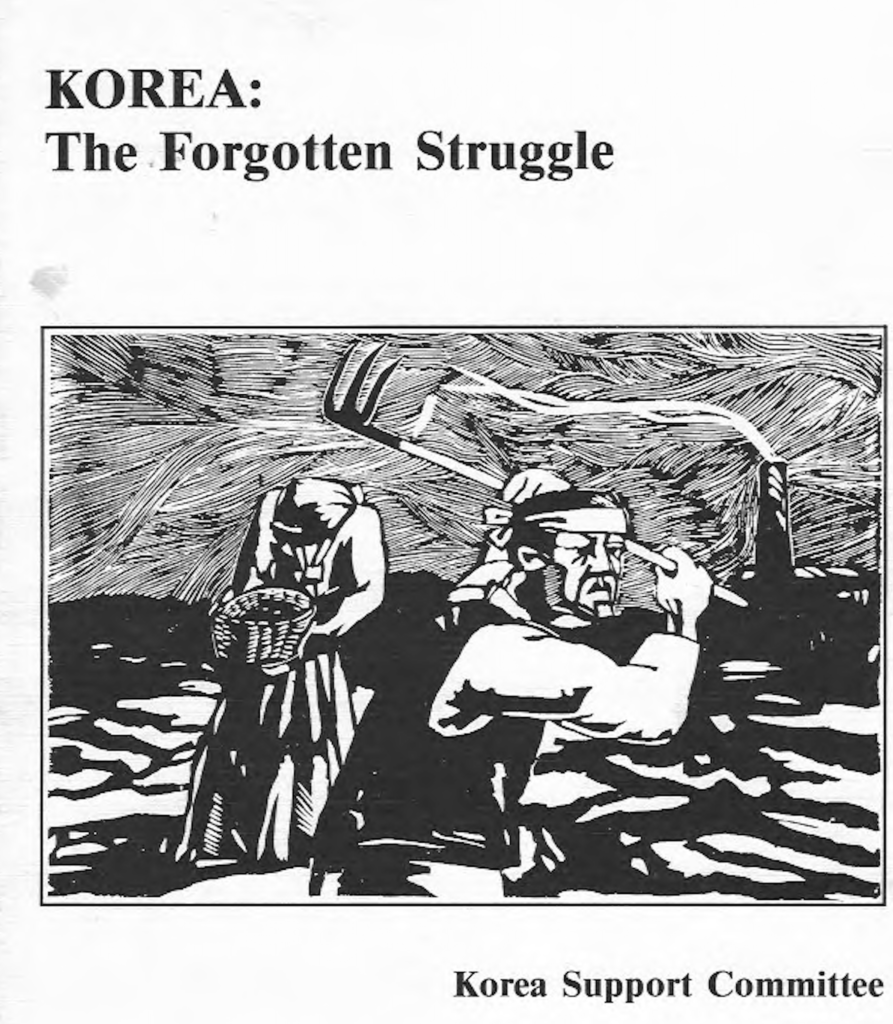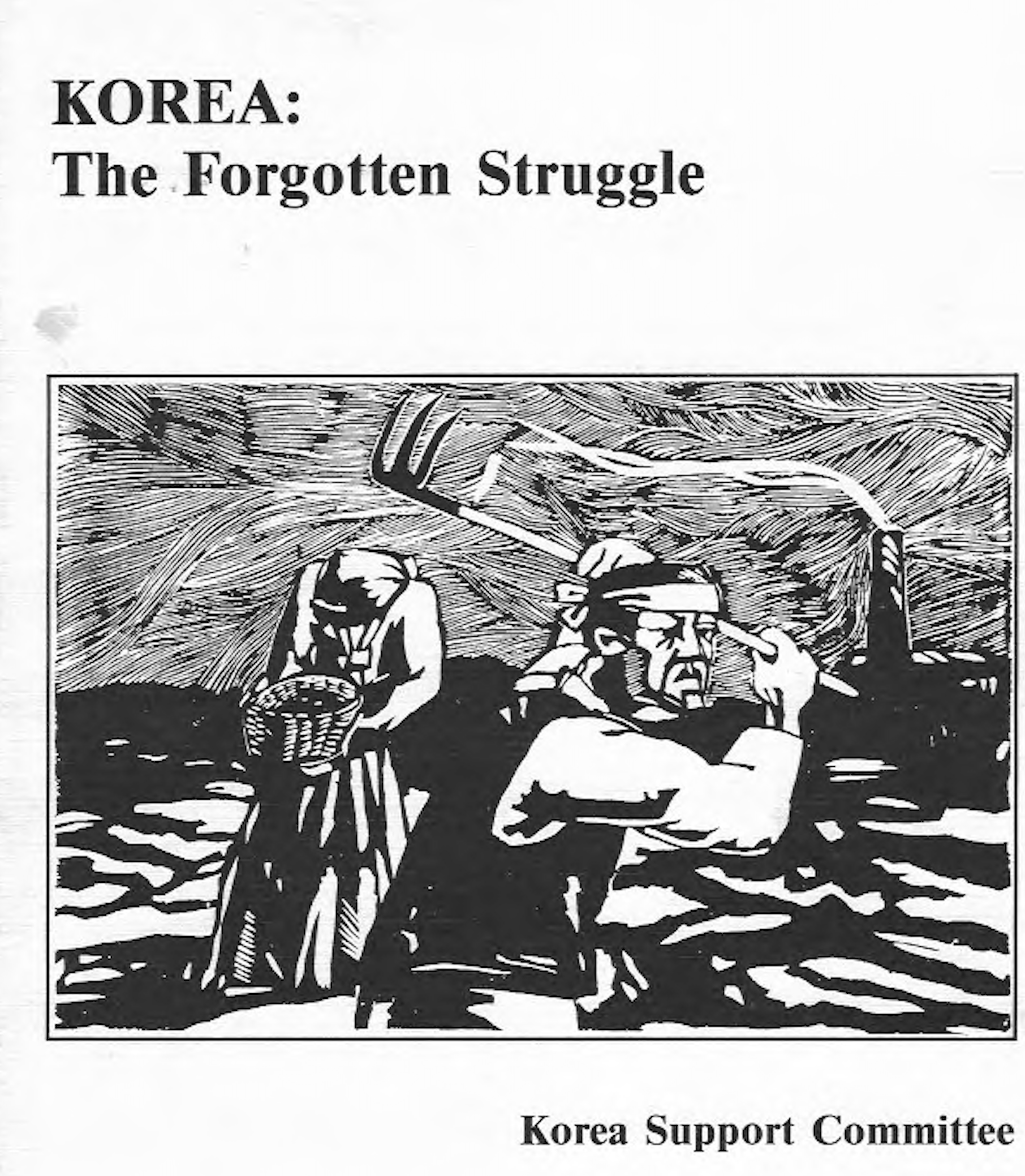Solidarity
The concept of solidarity has been part of my soul and an essential part of my work ever since I lived in South Korea and Japan during the Cold War.
In Korea in 1960, I witnessed a citizen uprising against the authoritarian government of Syngman Rhee. It ushered in a period of rapid change as the people of South Korea tried to build a democracy for the first time and end the division of their country that had caused so much pain and grief. But this movement was crushed in its cradle by a military coup in 1961, and as the Park dictatorship deepened, I was driven to support the popular movement to end military rule that I later witnessed with my own eyes in the 1980s.
In Japan from 1967 to 1969, I witnessed a massive movement of students, union activists, and ordinary citizens to protest America’s use of its bases in Japan to bomb Vietnam and trying to stop its government from extending the US-Japan Security Treaty known as AMPO (thus the great chant from Japan in the 1960s: AMPO hantai! ). In 1963, while stopping in Saigon, South Vietnam, with my family, we visited a Buddhist temple that a month later became the scene for the fierce resistance against the US-installed Diem government. That sparked a deep interest in Vietnam and my participation, from around 1968 to the end of the war in 1975, in the antiwar movement.

When I became a journalist in the late 1970s and returned to South Korea and Japan in the early 1980s, I focused my writing on exposing injustice and revealing hidden truths about American foreign policy that would assist people everywhere fighting for a better world. I call my work “humanitarian journalism,” and it’s been my credo ever since. This section of my website will display much of that work as well as the original documentation of the peace, antiwar, democracy, and labor movements I’ve been part of.
The graphic at the top of this page is an example. It’s from the cover of a booklet I co-authored with two colleagues from the Korea Support Committee, a coalition of religious activists, trade unionists, journalists, and local citizens in the Bay Area of California. We tried to convey the intensity of the democratic struggle inside South Korea at the time and to build support for the movement – and ultimately change US policy. We succeeded in some ways, although from the content you can see how much has changed since 1981 – and how much remains the same. Here is the PDF of Korea: The Forgotten Struggle.
